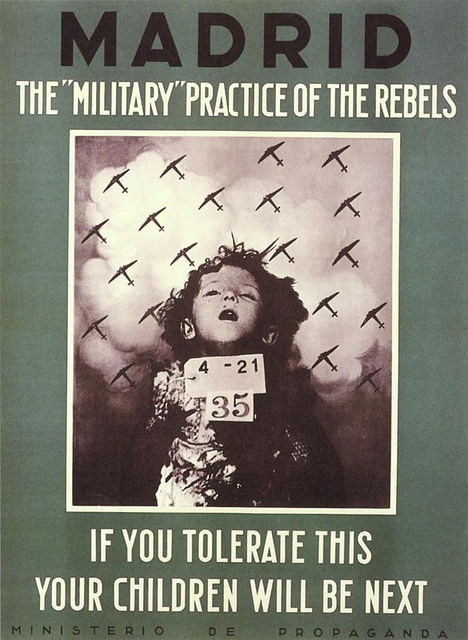Let’s consider a sentence. The sentence is: “Israel has a right to defend itself.”
What does this mean, exactly?
If you’ve been paying attention to the news lately, or if you are familiar with the Israel-Palestine conflict, you’ll have encountered this proposition hundreds if not thousands of times. It is continually affirmed by Israeli officials, US officials, EU officials, security analysts, political correspondents, columnists, people who express solidarity with Israel, even people who express solidarity with the Palestinians in the face of attacks by the Israel Defence Forces and who oppose Israel’s occupation and annexation of Palestinian land.
Plenty of people dispute the validity of the proposition. In certain contexts they see it as an excuse for the pursuit of a colonial logic on the part of the State of Israel. They may well be justified in doing so. But I am not concerned with the proposition’s validity, but what it actually means.
What does ‘Israel’ mean in this sentence? Does it mean the State of Israel? If so, we can expand the sentence to say ‘The State of Israel has a right to defend the State of Israel’. Such a meaning contains the tacit proposition that states have rights. Do they? Let us recall how the State of Israel was established: people simply declared (after killing lots of Palestinians and driving hundreds of thousands of them from their homes, but this is not especially important for the purpose of this exercise) that it was established, and others accepted that it had been established. That is, they said: there is this thing, and it exists. How can such a thing –which is an imaginary relation, albeit one sustained by lots of weapons- have rights? How can a thing, as opposed to a person or indeed an animal, have rights?
Perhaps ‘Israel’ does not mean the State of Israel in this case at all. Perhaps ‘Israel’ is the name for the people of Israel. In which case: the people of Israel have a right to defend the people of Israel. If this is so, who is ‘the people’ in question? Is it Israeli Jews? Is it Israeli Jews and Palestinians who have Israeli citizenship? Or, given that the Jewish State exists to open the gates of open the gates of the homeland wide to every Jew, does it mean every Jew in the world? And does it exclude Palestinians who have Israeli citizenship? Does this sentence actually mean “All Jews in the world have a right to defend themselves?” It could, I suppose, but it wouldn’t make a great deal of sense in any of the particular contexts in which the sentence is normally uttered.
So either: a) things have rights, and a thing has a right to defend itself; b) people (whoever these people might be) have a right to defend themselves;
or…what else?
Perhaps the only way this sentence can be otherwise made intelligible is to assume that ‘Israel’ in this case is a composite entity: the name, at once, of both the people (whoever these people might be) and the State. Or, in other words, the State is the same thing as the people.
Clear?
To tell you the truth, I have no idea what it really means. I am guessing that it is not supposed to be fully coherent. All I know is that it is continually repeated. A lot. With a great deal of assuredness. And a lot of people think it makes sense, and they preface their remarks with it, and then they go on to justify the slaughter of Palestinians.
Now, compare the number of times you have heard the phrase “Israel has a right to defend itself” to the number of times you have heard the phrase “Palestinians have a right to defend themselves”, or “The Palestinian people have a right to defend themselves”. If you’re like me, you’ll probably never once have heard the phrase “Palestine has a right to defend itself”.
Now why is that? Why does it appear as incontrovertibly true that “Israel has a right to defend itself”, and yet as regards Palestinians, the Palestinian people, Palestine…there’s nothing? Do you know what that means?










